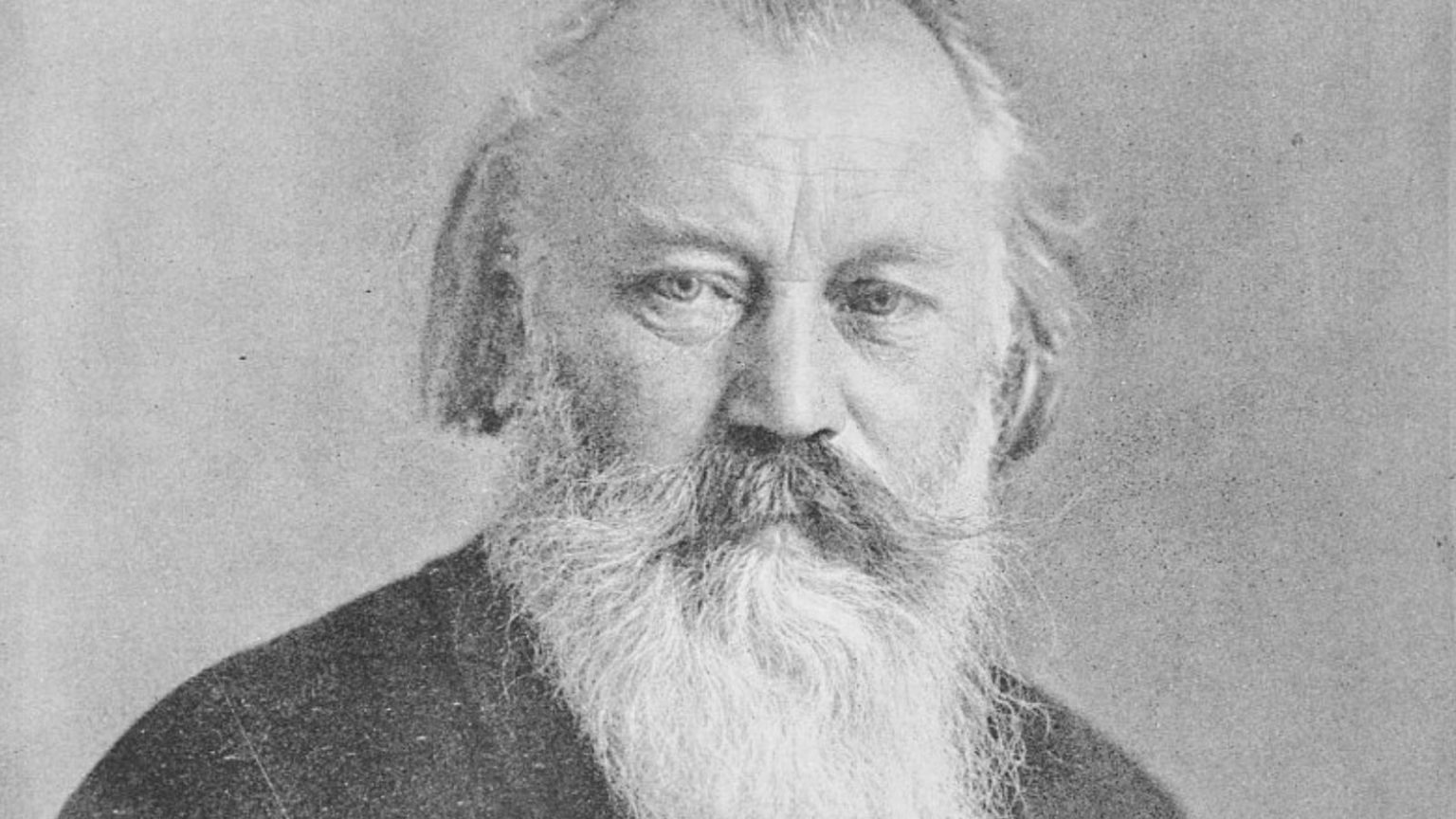Johannes Brahms was a German composer and pianist, born on May 7, 1833 in Hamburg, Germany. He was the second of three children born to Johann Jakob Brahms and Christina Nissen. His father was a double bass player in the Hamburg Philharmonic Society, and it was through him that Brahms was introduced to music at a young age.
Brahms began his musical career as a pianist, performing in various public concerts in Hamburg. He also played in restaurants and dance halls to earn money. In 1853, he met the Hungarian violinist Eduard Reményi, who introduced him to the music of Hungarian gypsy bands. This had a significant influence on Brahms’ later works, particularly his Hungarian Dances.
In 1853, Brahms met the composer Robert Schumann, who was impressed with his music and introduced him to the musical circle in Leipzig. Schumann became a close friend and mentor to Brahms, and Brahms dedicated many of his early works to him. However, Schumann’s mental health began to deteriorate, and he attempted suicide in 1854. Brahms helped take care of Schumann’s wife, Clara, and their children during this difficult time.
Brahms’ compositions began to gain recognition in the 1860s, and he became known as one of the “Three Bs” of classical music, alongside Bach and Beethoven. Some of his most famous works from this time include his Symphony No. 1, the Academic Festival Overture, and the German Requiem.
Brahms never married, and he led a relatively solitary life. He spent most of his time composing and touring as a pianist and conductor. In 1896, he was diagnosed with cancer, and his health rapidly declined. He died on April 3, 1897 in Vienna, Austria at the age of 63.
Brahms’ legacy as a composer and pianist is significant. He is considered one of the greatest composers of the Romantic era, and his works continue to be performed and admired around the world.














Be First to Comment